8 Benefits of Professional Farm Drainage
You probably take it for granted when you turn on the tap and water flows out. But as an agricultural producer, you know how precious and essential water is. Water is life. Without it, crops wither and die. Since water is so vital on the farm, it’s crucial you use it efficiently. This is where professional farm drainage comes into play. Proper drainage removes excess water so plants get the right amount—not too much and not too little. Keep reading as we explore the top eight benefits of professional farm drainage for your farm.
1. Optimizes Soil Moisture
As a farmer, you need your soil to have the ideal moisture content. Too much water causes flooding, erosion, nutrient leaching, and root rot. With too little moisture, plants experience drought stress. Professional drainage maintains optimal soil moisture around plant roots. Tile drainage and ditches whisk away excess water while retaining enough for plants to thrive. This prevents ponding and waterlogging after heavy rains.
2. Improves Crop Yields
By regulating soil moisture, farm drainage directly boosts crop yields. Well-drained soil provides the right conditions for vigorous root systems and abundant nutrient availability. Plants have access to oxygen and can respire properly. Numerous studies confirm drainage raises crop yields substantially compared to undrained fields.
3. Allows Earlier Planting and Harvesting
Excess water delays key farming operations like planting, fertilizer application, and harvesting. When fields are waterlogged, heavy machinery simply can't access them without getting stuck. Professional drainage gets rid of surface water rapidly, so you can drive equipment over fields sooner. This means you can plant crops earlier in the wet spring season without soil compaction or rutting. Likewise, well-drained soils allow you to harvest crops sooner after periods of heavy rainfall. You don't have to wait as long for standing water to dissipate. Drainage gives you more flexibility and timeliness for field operations.
4. Reduces Soil Erosion and Runoff
Saturated, flooded soils are prone to erosion from moving water. The unprotected ground gets washed away, creating gullies, rills, and unsightly damage. This removes your valuable topsoil, the most fertile layer that supports plant growth. By quickly evacuating excess surface water, drainage systems significantly reduce erosion. Ditches, tiles, and channels guide water away in a controlled manner rather than letting it run rampant across fields. This protects your precious topsoil asset from being lost. Proper drainage also decreases nutrient and sediment runoff into nearby waterways. Again, it's all about safely directing surplus water offsite versus letting it convey contaminants unchecked. This makes your farm more environmentally sustainable.
5. Improves Trafficability
Trafficability refers to how well machinery can move across your fields. Muddy conditions obviously make farm workability challenging. Vehicles get stuck, soil compacts, ruts form, and it takes longer to complete field operations. With professional drainage, trafficability improves dramatically throughout the entire year. Fields dry out faster so you can get in with tractors and implements sooner after rains. This makes farm work much more efficient.
6. Supports Better Root Systems
Soggy soils mean less air for plant roots. Since roots require oxygen, saturated conditions hinder root growth and function. Roots essentially drown in logged water. By contrast, improved drainage provides necessary air spaces in the soil. This allows crop roots to spread widely and deeply to acquire nutrients and moisture. Far-reaching roots anchor plants firmly and make them more drought-resistant.
7. Extends Growing Season
In addition to earlier planting and harvesting, good drainage prolongs your overall growing season. With saturated fields, you may not be able to access ground for weeks after heavy spring rains. This shortens the period when crops can actively grow. Professional drainage lets you capitalize on more frost-free days. For example, in our experience, tiling extends the corn growing season in Ontario by up to two weeks! More time for crop growth means higher yields.
8. Boosts Farm Profitability
Now that you know the manifold benefits of professional drainage, you can see why it's a profitable investment for your farm. The upfront costs of installing drainage systems like tiles or ditches are recouped over time through increased crop productivity and more workable fields. According to Statista, 72% of global water withdrawals are used in agriculture. Drainage helps you use that precious water more efficiently to raise thriving crops. It's a win-win for your farm's bottom line and the environment.
Contact a reputable drainage contractor to discuss the best drainage solutions for your unique soil type, landscape, crops, and climate. With proper drainage, you can look forward to healthier soils, bountiful harvests, and a more prosperous farming operation for years to come. The benefits are clear—improved farm drainage is an investment that pays dividends across your whole operation. Call us at Landmark Companies to learn how we can help you today.
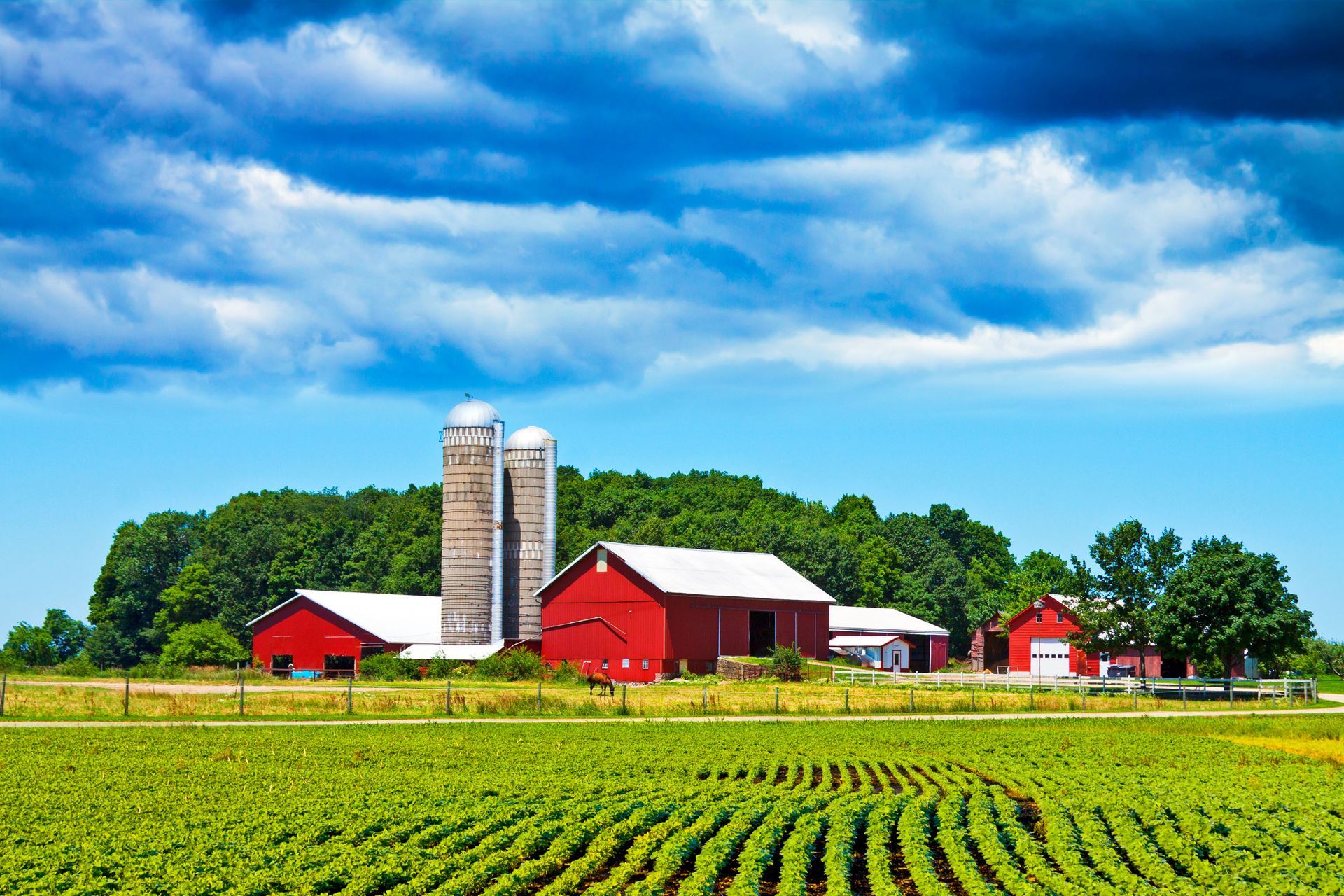
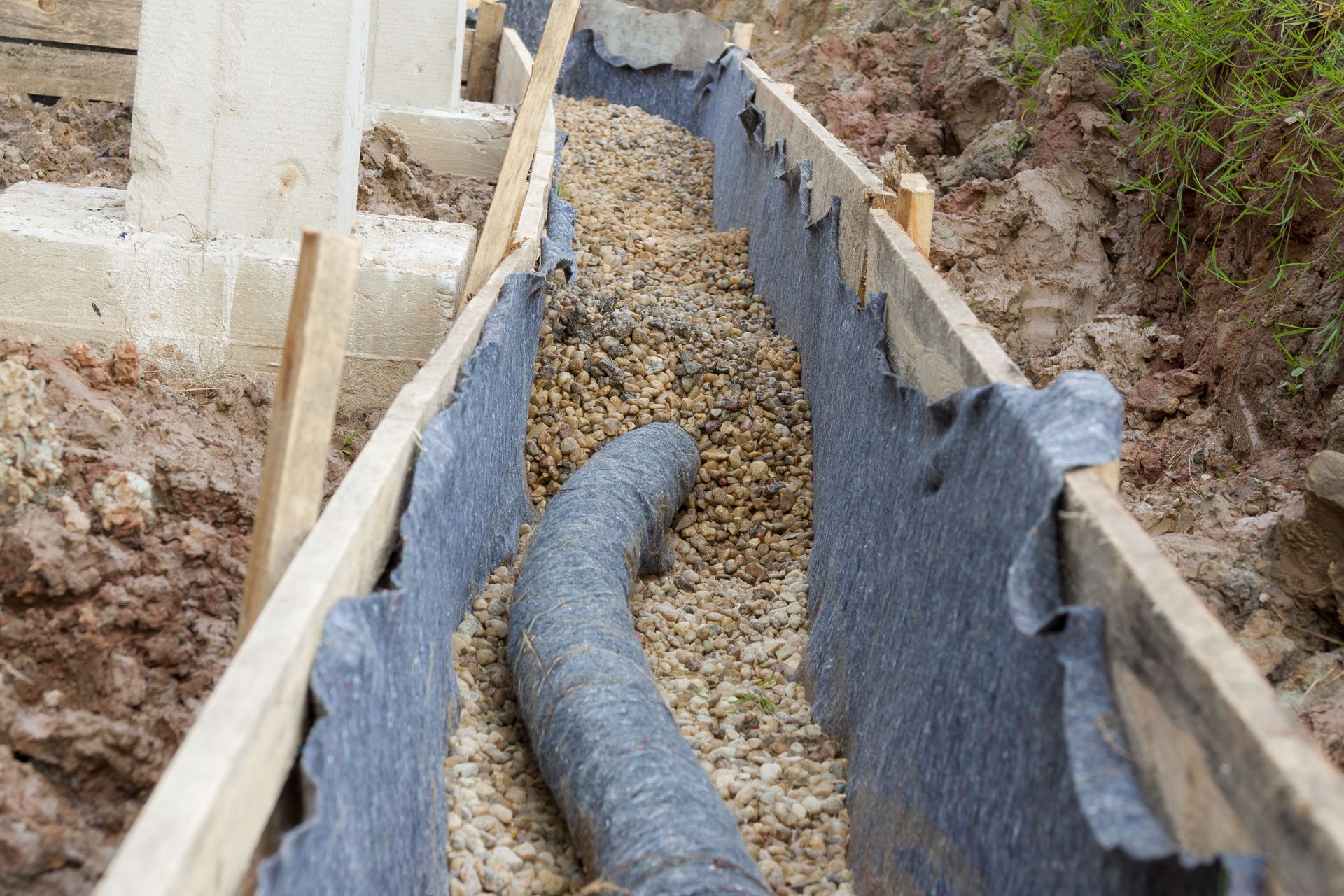
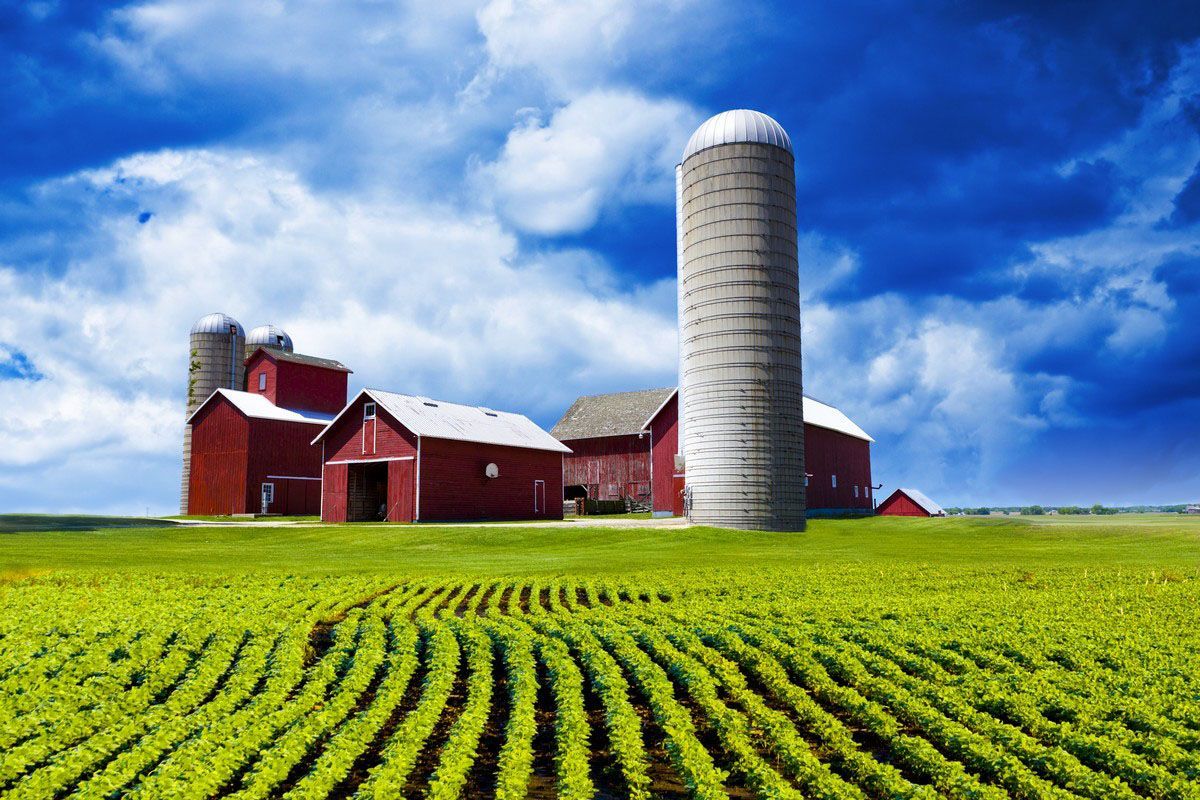
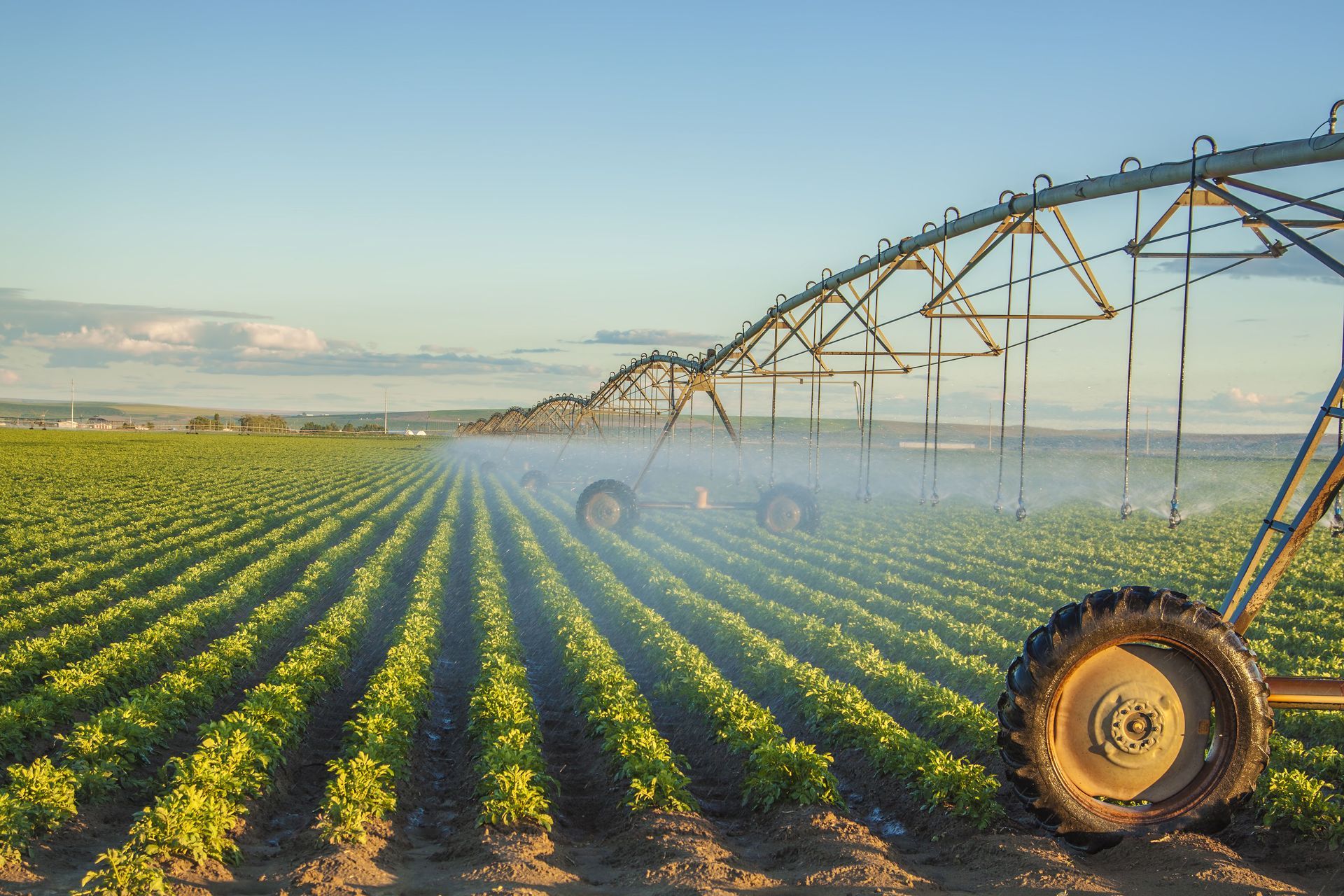
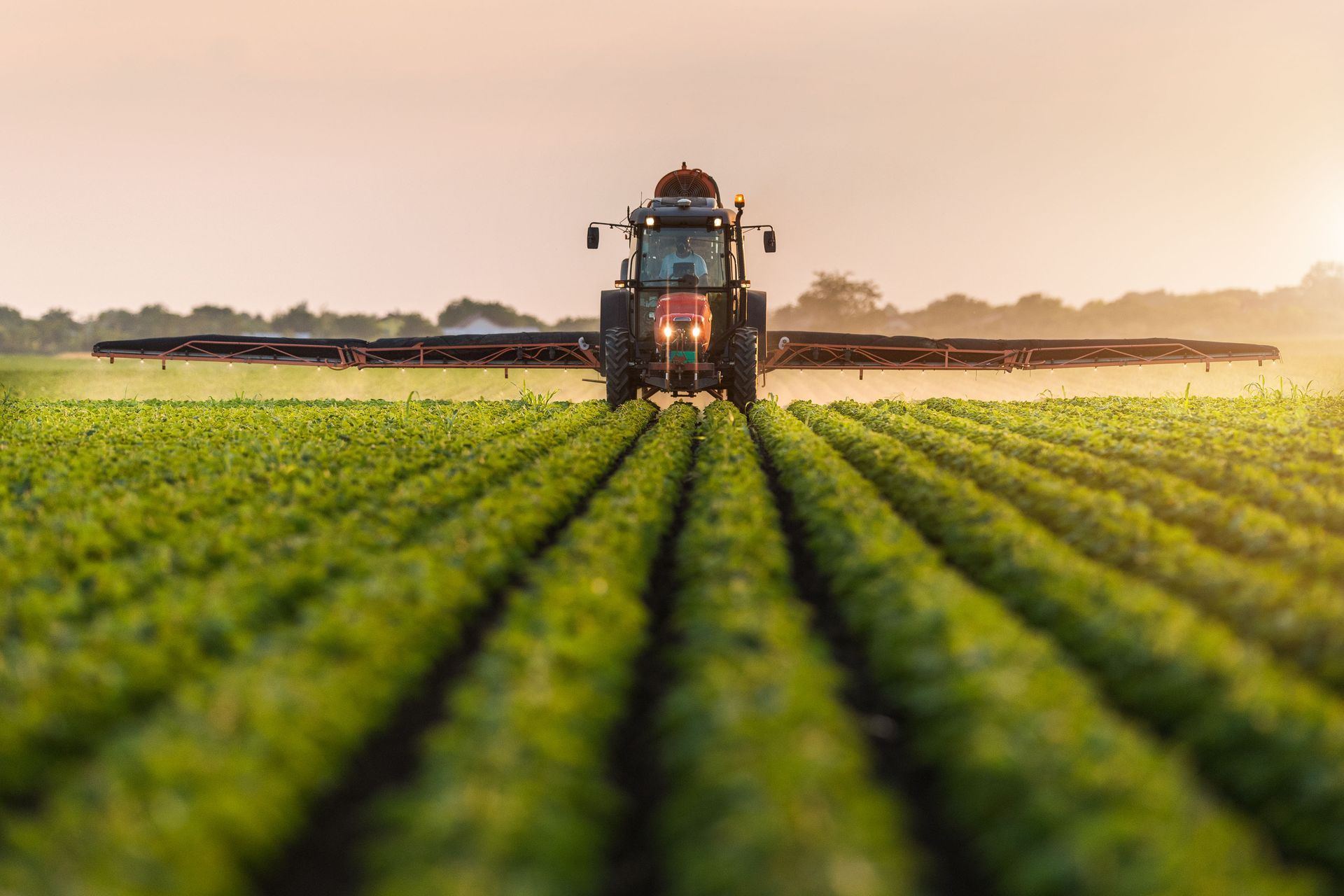
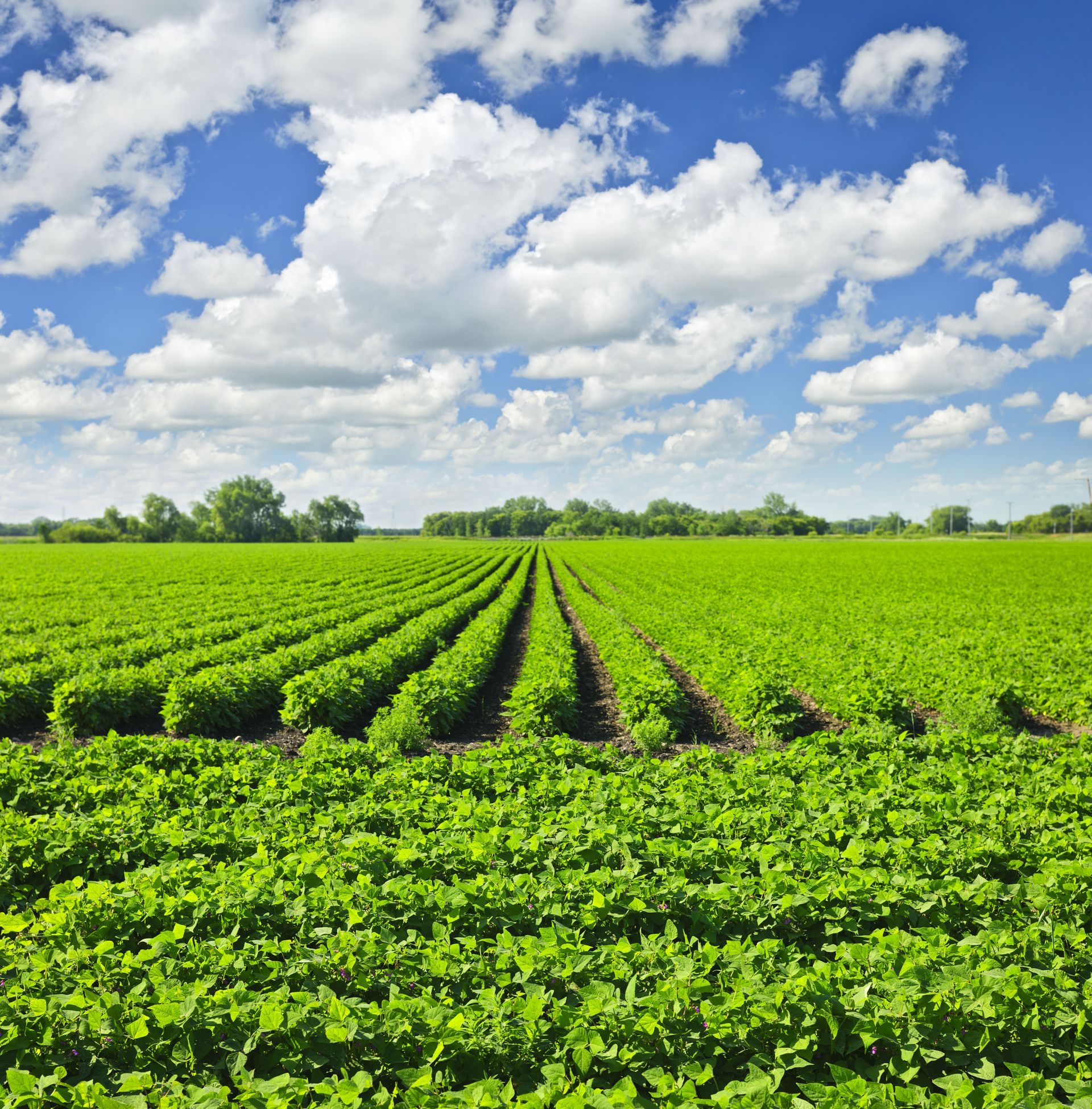
Share On: